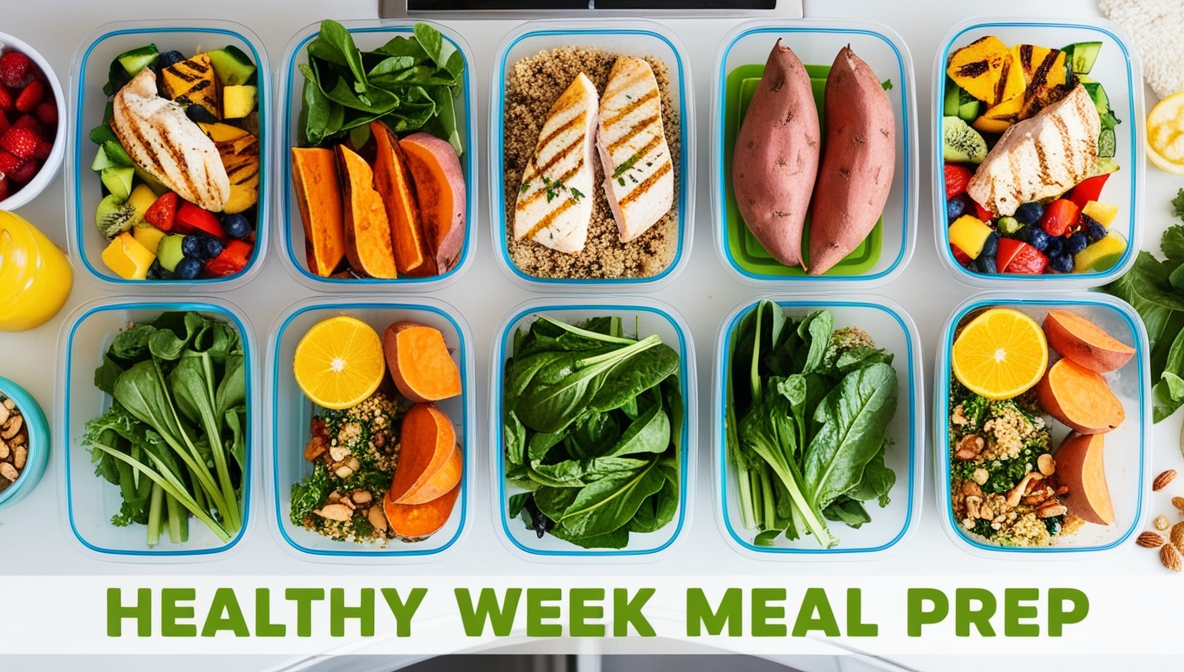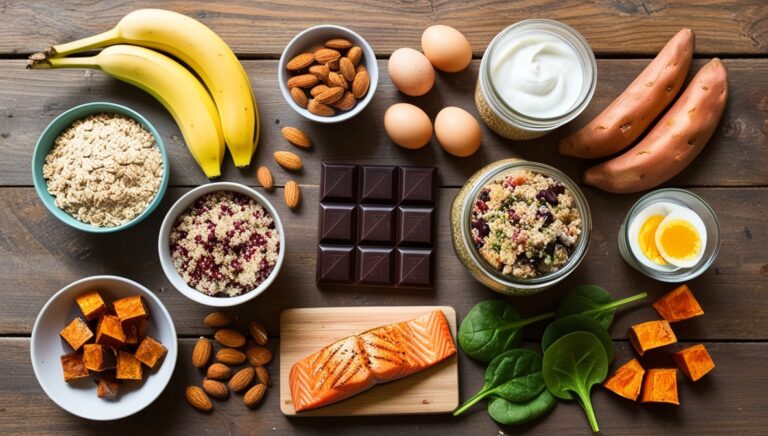7 Essential Tips for Meal Planning for Optimal Health
7 Essential Tips for Meal Planning for Optimal Health
Meta Description:
Discover 7 essential tips for meal planning for optimal health. Save time, eat balanced meals, and boost energy with smart planning strategies.
Introduction
Do you often find yourself reaching for unhealthy snacks or skipping meals due to a busy schedule? You’re not alone. Meal planning is the key to staying nourished, energized, and on track with your health goals. By learning meal planning for optimal health, you can save time, reduce stress, and make smarter food choices that benefit both body and mind. In this article, we’ll explore actionable strategies to plan meals efficiently while keeping them healthy and delicious.
Why Meal Planning Matters
Meal planning is more than just preparing food—it’s about creating structure and balance in your diet. Benefits include:
- Ensuring nutrient-rich meals
- Reducing impulsive, unhealthy choices
- Saving time and money
- Supporting weight management and energy levels
7 Essential Tips for Meal Planning for Optimal Health
1. Set Clear Health Goals
- Identify your dietary priorities: weight loss, muscle gain, or overall wellness
- Determine calorie and macronutrient needs
- Keep goals realistic and flexible
2. Plan Meals Around Nutrient-Dense Foods
Focus on foods that provide vitamins, minerals, and fiber:
| Food Group | Examples |
|---|---|
| Proteins | Chicken, tofu, eggs, fish |
| Complex Carbs | Quinoa, brown rice, oats |
| Healthy Fats | Avocado, nuts, olive oil |
| Vegetables | Spinach, broccoli, bell peppers |
| Fruits | Berries, apples, citrus fruits |
3. Create a Weekly Menu
- Draft breakfast, lunch, dinner, and snacks for 7 days
- Rotate protein sources to avoid monotony
- Include prep-friendly meals for busy days
4. Grocery Shop Strategically
- Make a detailed shopping list based on your meal plan
- Stick to store perimeters for fresh produce and proteins
- Avoid impulse purchases of processed foods
5. Batch Cooking and Meal Prep
- Cook large portions of grains, proteins, and vegetables in advance
- Store meals in portioned containers for easy access
- Saves time during the week and reduces temptation for unhealthy snacks
6. Keep Healthy Snacks on Hand
- Nuts, fruits, yogurt, and cut vegetables
- Helps maintain energy levels and prevents overeating during meals
7. Track and Adjust
- Use a journal or app to track meals and portion sizes
- Monitor energy levels, digestion, and satisfaction
- Adjust your meal plan based on what works best for your body
Sample Meal Prep Day
| Meal | Ingredients | Notes |
|---|---|---|
| Breakfast | Overnight oats, chia seeds, berries | Prep night before |
| Lunch | Grilled chicken, quinoa, roasted veggies | Store in airtight containers |
| Snack | Almonds, apple slices | Portion controlled |
| Dinner | Baked salmon, sweet potato, spinach | Freshly cooked |
Key Takeaways
- Meal planning simplifies healthy eating and improves overall wellness
- Prioritize nutrient-dense foods and balanced meals
- Prep, batch cooking, and strategic shopping save time and stress
Conclusion
Mastering meal planning for optimal health is a transformative step toward a healthier, more energized lifestyle. Start small, plan wisely, and enjoy the benefits of consistent, balanced nutrition.
💡 Call to Action: Comment below with your favorite meal planning tip or share this guide with a friend who wants to eat healthier!
FAQ – Meal Planning for Optimal Health
1. How often should I plan meals for optimal health?
Planning weekly is ideal for consistency and efficiency.
2. Can meal planning help with weight management?
Yes, it ensures portion control, balanced nutrition, and prevents unhealthy snacking.
3. Do I need to cook every meal in advance?
No. Batch cooking key ingredients is sufficient; you can combine them into fresh meals.
4. Are meal planning apps useful?
Yes, they help track ingredients, plan recipes, and create shopping lists efficiently.
5. Can meal planning save money?
Absolutely. Planning reduces food waste, impulse buys, and repeated takeout orders.



